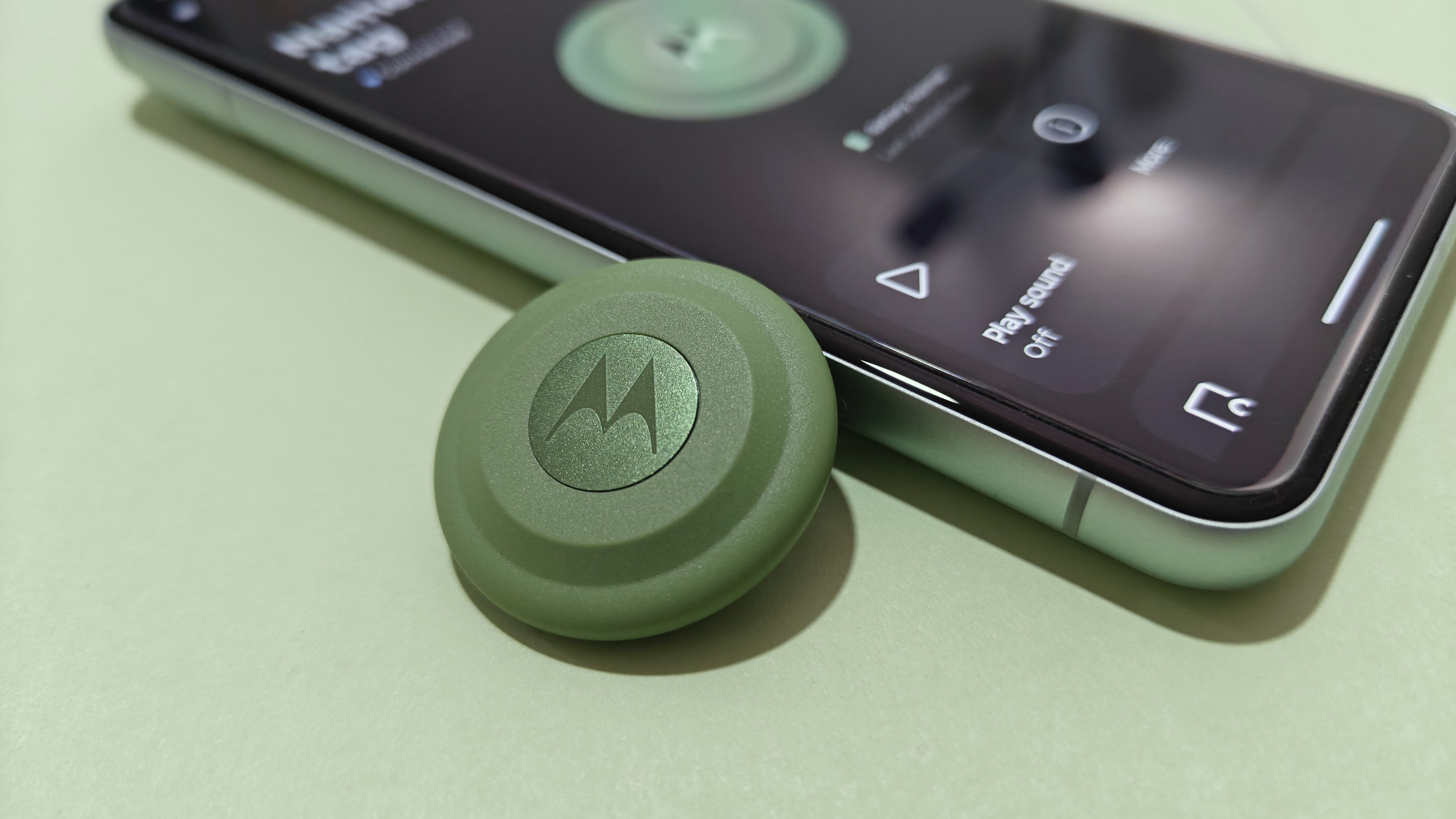Google's current Pixel lineup is more convoluted than ever
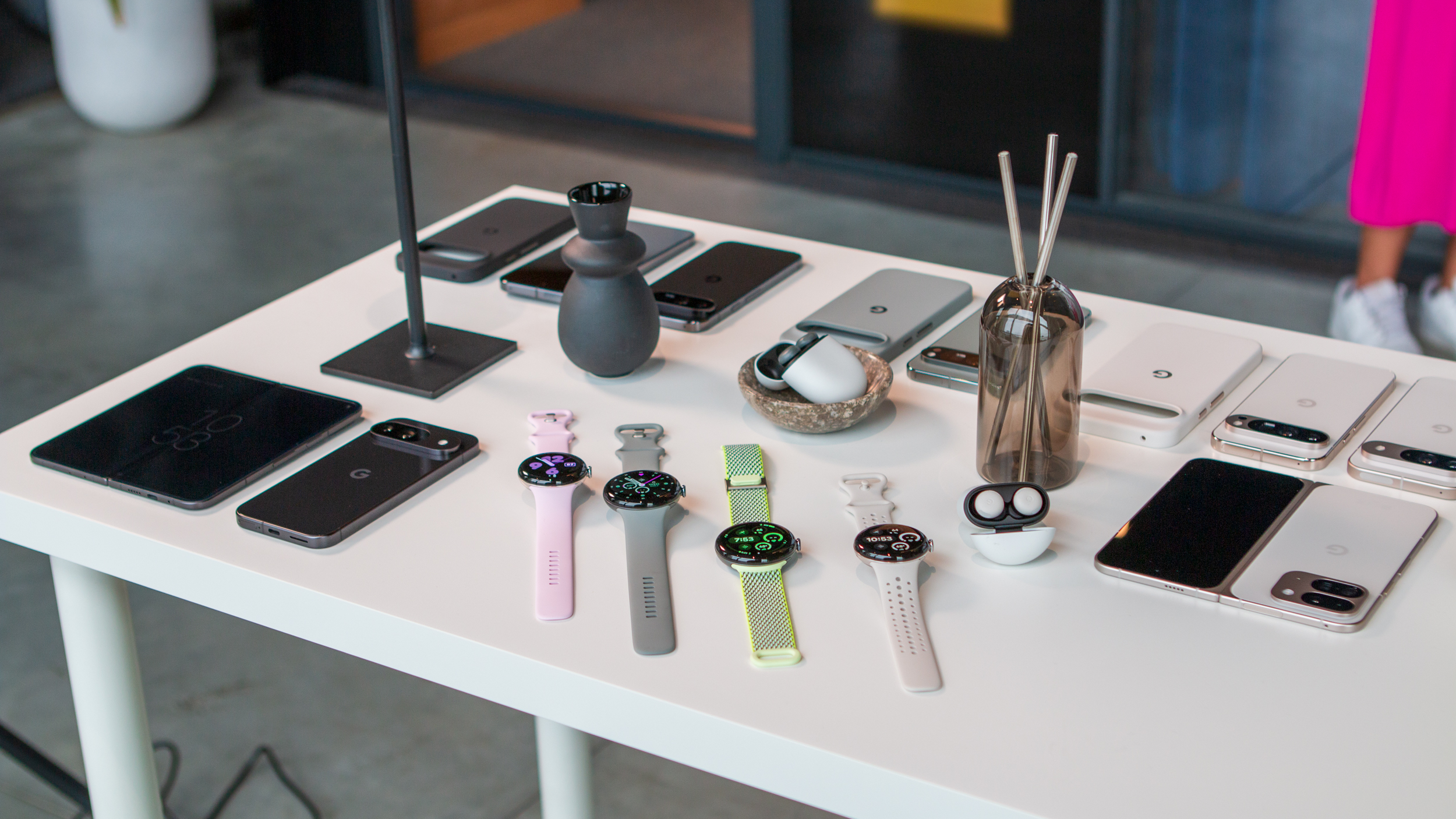

Beyond the Alphabet is a weekly column that focuses on the tech world both inside and out of the confines of Mountain View.
If you take one look at Google's lineup of smartphones, it might be a bit overwhelming to some. At the time of this writing, there are a total of eight phones available for sale. I can't help but feel like it's a bit unnecessary.
I'm not saying Google should have stuck to releasing just one or two phones a year, but the lineup is more convoluted than ever. Not to mention that Google is expected to add one more phone into the mix, as last year's Pixel Fold should be back "soon."
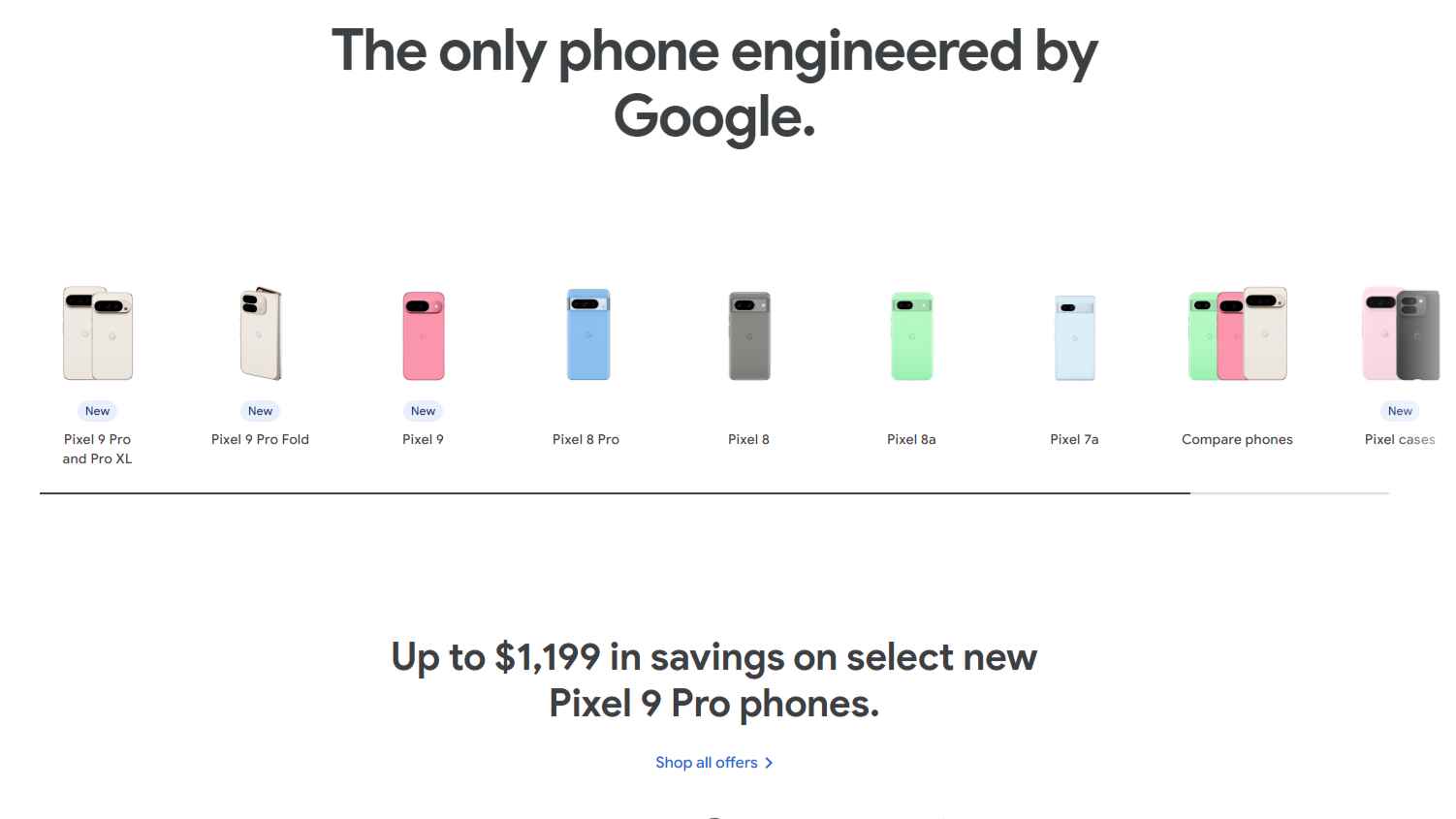
Maybe, just maybe, Google might want to think about overhauling its lineup when it comes time for the Pixel 10. As it stands, the Pixel 7a and Pixel 8a are listed, both of which are priced at $499. This alone makes me wonder what's going on, as the 8a was released in May, and it's not like the 7a has seen a permanent price drop.
Then there are the Pixel 8 and 8 Pro, which are still listed on Google's online storefront. Presumably, these may eventually be replaced by the Pixel 9 and 9 Pro altogether, but that probably won't happen until some time down the road. But here's another idea — ditch the "Pro" moniker completely.
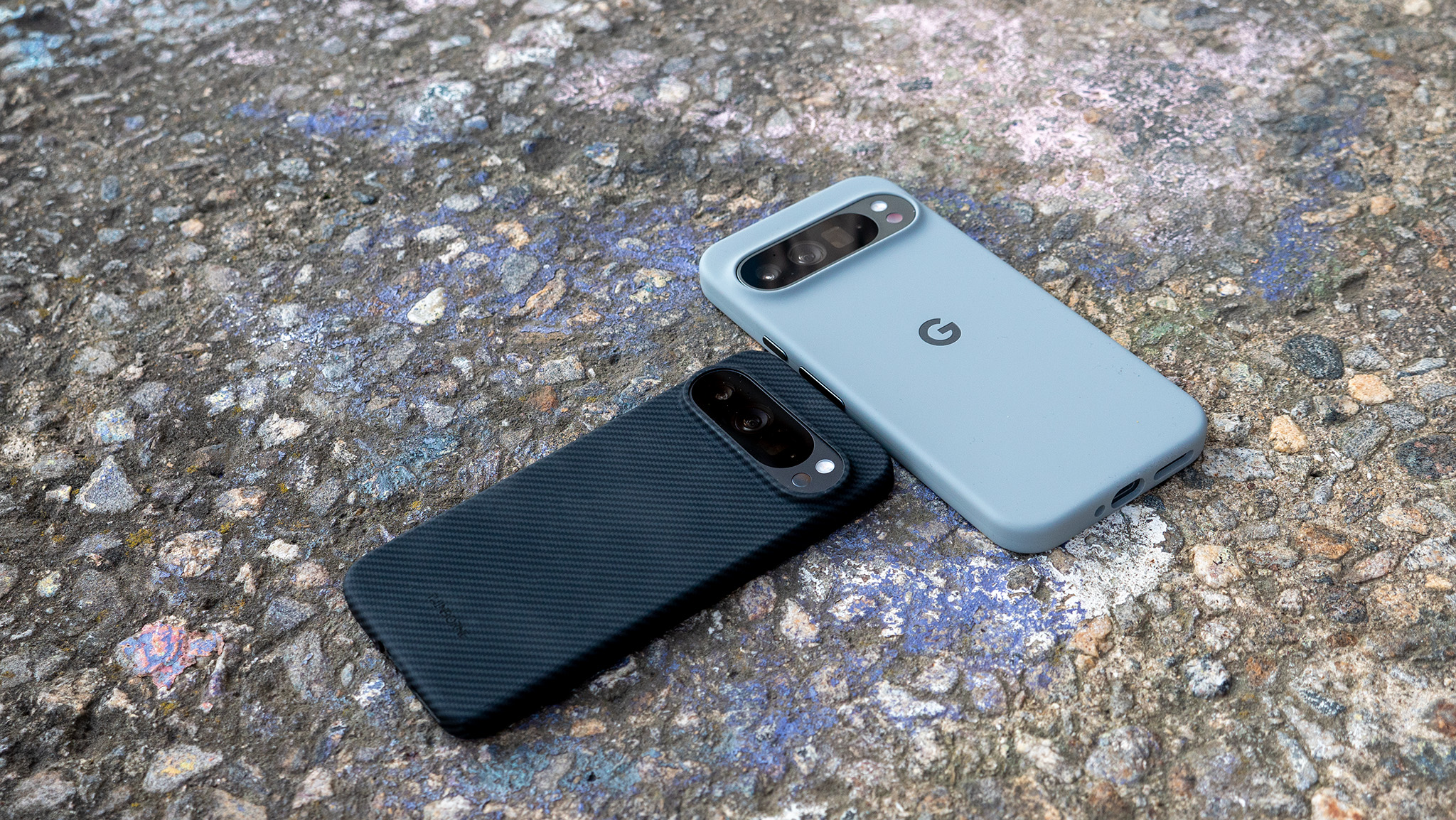
This delineation is something that all smartphone makers have taken to over the years, but it's becoming a nuisance. Instead, I suggest that Google should simplify things, and this is how it might look:
- Pixel 10a
- Pixel 10
- Pixel 10 XL
- Pixel 10 Fold
My reasoning for this shakeup goes beyond just naming conventions, which have always been pretty awful with smartphones (don't get me started on TV names).
There's already a clear difference in what's possible between the Pixel 9 and Pixel 9 Pro, but you won't be able to notice until you look at the rear camera bar. The Pixel 9 has less RAM (12GB vs. 16GB), one less camera, and a lower screen resolution. Almost everything else is the same, including the screen size, dimensions, and build quality.
Get the latest news from Android Central, your trusted companion in the world of Android
Both of these phones are also powered by the same Tensor G4 chip, and the 12GB of RAM should be more than enough for most tasks. However, the $799 price tag is rather steep considering that the Pixel 9 lacks a few "defining" features.
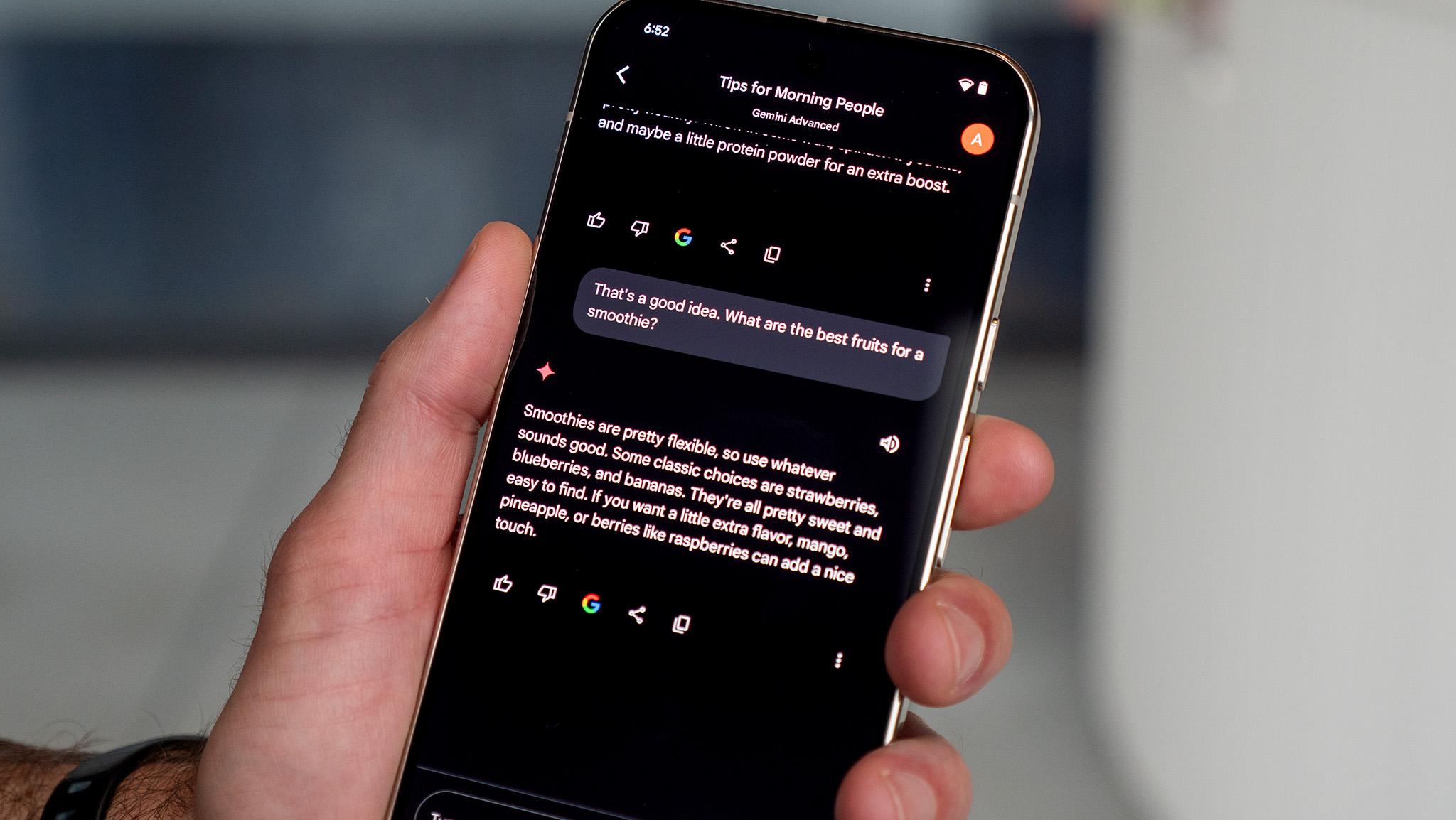
The first of which is that while the other three Pro models include a year of Gemini Advanced for free, with the Pixel 9, you only get a six-month trial for the 2TB Google One plan without the Premium AI benefits. It's rather odd, especially considering that practically all of the Gemini Advanced features work with the non-Pro model, including Gemini Live.
Next up is the idea that Google wants you to pay $800 for a phone that lacks a telephoto camera, which is present on the similarly-priced Galaxy S24. This could be a superficial explanation as to why the Pixel 9 doesn't have the new Zoom Enhance feature. Ignoring that it was announced as a key Pixel 8 Pro feature, either Google is gate-keeping features, or there's some tangible reason that hasn't been shared.
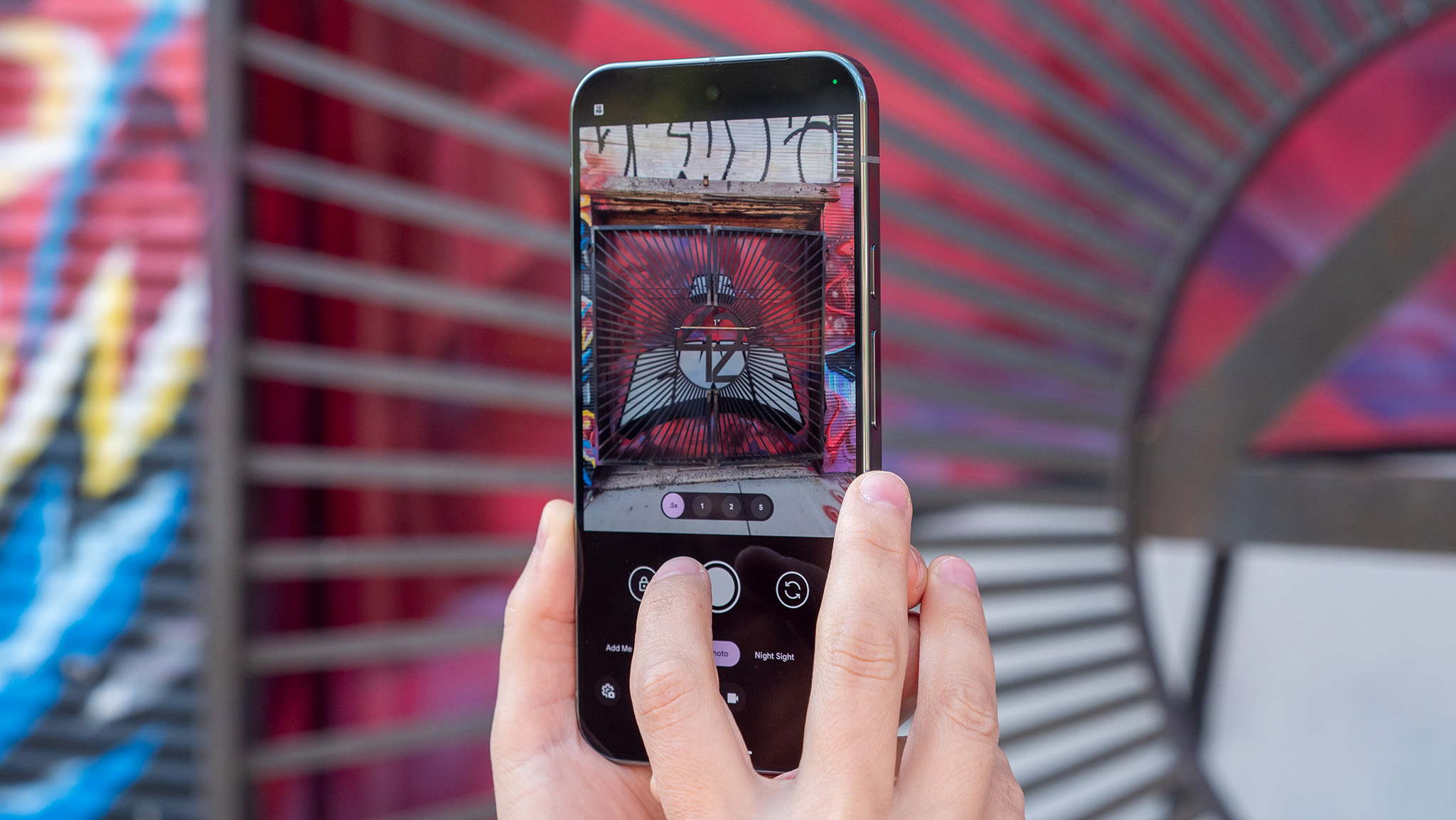
Last but certainly not least, something that's left us scratching our heads is how close the Pixel 8 and 8a are in price. Sure, $150 isn't that close, but when comparing the features of the two, the Pixel 8 really doesn't seem like it offers $150 more in value.
Google is trying to prevent the same thing from happening again, but it is doing so by just raising the price. The Pixel 9 starts at $799, while the Pixel 8a comes in at $499. Sure, the cameras are better, and there's more RAM on board, but that's pretty much it. It really just feels like the Pixel 9 doesn't offer a whole lot of value when you look at the entire Pixel portfolio.
It's a corner that Google backed itself into by adding a third phone into the mix with this lineup. While it doesn't make much sense to get the Pixel 9 over the Pixel 8a, Google could rectify the situation by ditching the Pro moniker altogether.
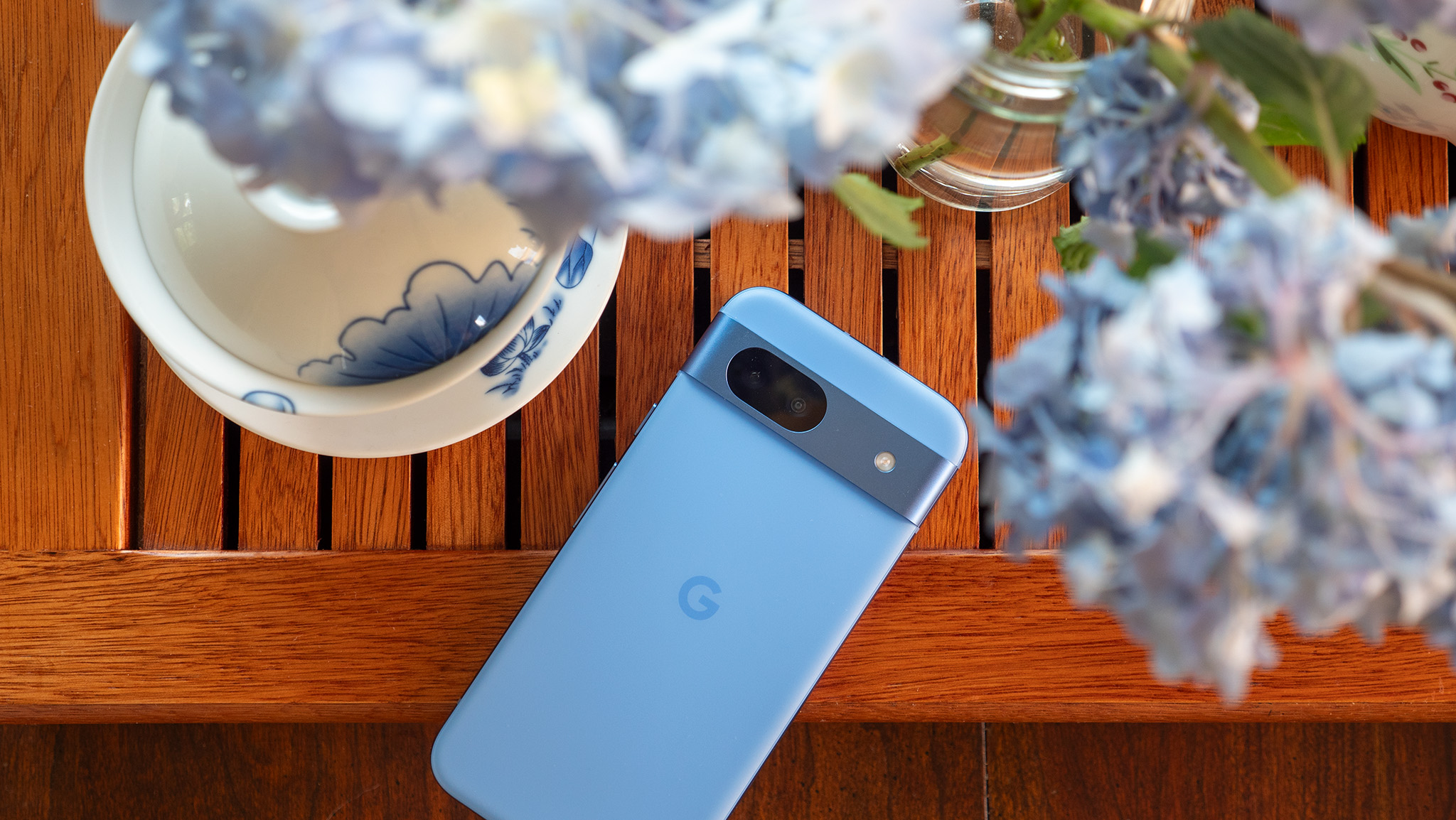
Because the "A" series signifies a more budget-friendly offering, it's probably worth keeping around. Here's what I had in mind if Google were to make some kind of changes now:
- Pixel 9a: $649
- Pixel 9: $899
- Pixel 9 XL: $999
- Pixel 9 Fold: $1,799
And really, if Google wanted to, it could keep the Pixel 8a around for another year but drop the price to something like $399. That leaves enough of a price gap to warrant upgrading from one model to the next. Want a phone that's all that and a bag of chips? Get the Pixel 9. Need a bigger screen that doesn't fold? It's only $100 more.
Something else that this does is leave room for one more device to enter the fray. It's one that some of my counterparts here at Android Central have been hoping for. And now that Google has solved its design woes with the Pixel 9 Pro Fold, it opens the door for a Pixel Flip.
But honestly, I'd rather see Google push the competition with Samsung and drop the price of its foldable phone down a few hundred dollars.

Andrew Myrick is a Senior Editor at Android Central. He enjoys everything to do with technology, including tablets, smartphones, and everything in between. Perhaps his favorite past-time is collecting different headphones, even if they all end up in the same drawer.
You must confirm your public display name before commenting
Please logout and then login again, you will then be prompted to enter your display name.
